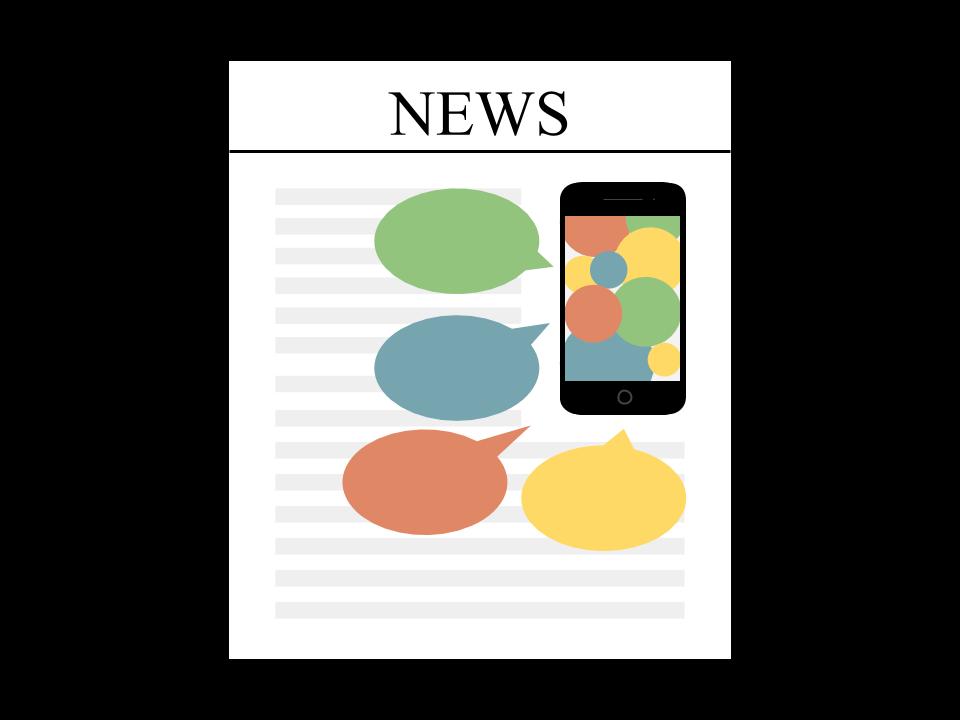You scroll through your timeline.
Dog video. Funny meme. Political post. A friend’s birthday party. Political ad.
Rinse and repeat.
If you agreed with the political post, you might have liked it. Maybe you even shared it with a friend. But if you disagreed with it, did you discuss that? Did you leave a comment explaining your views and raising questions about the part you found dubious? Did you leave a comment at all?
In recent years, politicians have taken to broadening their reach over social media, and platforms such as Facebook, Twitter, and Instagram have become notorious for hosting political discourse.
In turn, the effectiveness of social media use in politics has been questioned. Critics have begun to wonder whether social media is harming democracy or simply allowing politicians to stay in touch with their audience.
“I do not feel that there is anything wrong with people using social media to call others to action or to educate others about their specific cause or beliefs,” said Mira Wakefield, a sophomore. “I think that one of the strong points of social media is that it exposes many to viewpoints they would never have been aware of if they were not engaging at that level.”
Wakefield uses her social media platform to stay connected with her debate clubs. Due to her involvement in politics online, the majority of Wakefield’s timeline is filled with political posts, so she has seen how politics online work.
“I think that it is immoral to use social media or any social platform to push political views, especially partisan views. There is a fine line between pushing and explaining a viewpoint,” Wakefield said.
Likewise, she finds it disturbing that no matter how helpful social media can be in keeping people engaged, it can just as easily cross a line.
“That is upsetting in many ways, and I see how harmful that can be. Because of the content that is being pushed my way, I can see how easily some kids could fall into the mindset that there is nothing else out there on the political spectrum if they have been fed a very specific type of partisan content,” Wakefield said.
Concerns similar to Wakefield’s are not uncommon.
Joe Sery, a professor of rhetoric at Christopher Newport University, is not opposed to political content on social media. However, he finds the current content to be detrimental to political discussion. In his view, social media makes it too easy to dismiss arguments.
“It is not like there is too much or too little; it is quality over quantity,” Sery said. “It is just easy to fire off a meme or tweet or rile someone up, but they are not actually diving in deep.”
Trends like this have been present by humans throughout history as, traditionally, entertainment is more popular than academics on social platforms. Everyday life requires so much physical labor and emotional effort already, and it is both easier and more enjoyable to laugh at a meme rather than having a political debate.
When television first came out, some people believed it could change media for the better, as they hoped it would make more knowledge available. However, it has been corporatized to the extent that only 41% of Americans actually trust cable news, according to a 2019 Gallup poll.
Now, Americans are nearly equal to their preference between television and social media. A 2019 Pew Research Center study found 41% of Americans get their news from the television, whereas 37% get news from social media. This is a significant decrease from 2016 when 57% of U.S. adults got their news from television.
Then, there are monopolies to consider, and the calls for companies Facebook and Google to be broken up due to their perceived monopolization of the Internet.
“We might have these flashes of democratic vibrancy, but then, once we figured things out, especially with technology, that once [companies] kind of figure out how to monetize that, the vultures come in,” Sery said.
People prefer enjoyable entertainment to work, whether it is intellectual or not. Even in the age with the most freedom of information, many remain uninformed.
For example, according to the 2015 U.S. Census, 77% of households have a broadband internet subscription as of 2015. However, only 37% of individuals can name their representative in Congress, but 56% can name their representative’s party, according to a 2017 Haven Insights poll.
All it would take to know this information is a Google search. With the shallowness of social media discourse, it is telling that people know the party of their representative but not the representative’s name.
“We have created this post-24-hour news cycle digital world where you can be connected, plugged in, and be reading about this all of the time, and still never make a dent in the content online,” said Jenn Billinson, a professor of mass communication at Christopher Newport University.
Billinson said, “It does not make you a better, more-informed citizen.”





